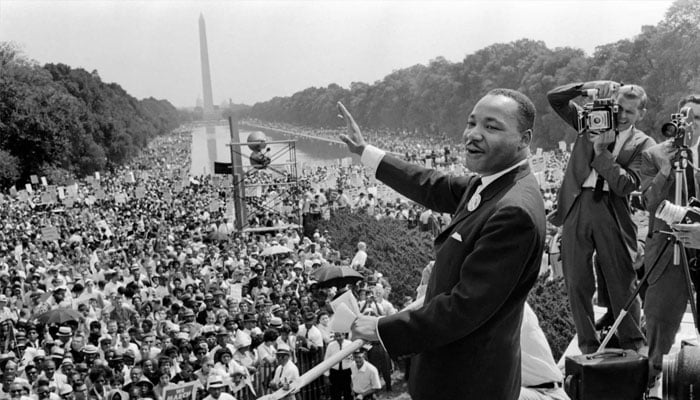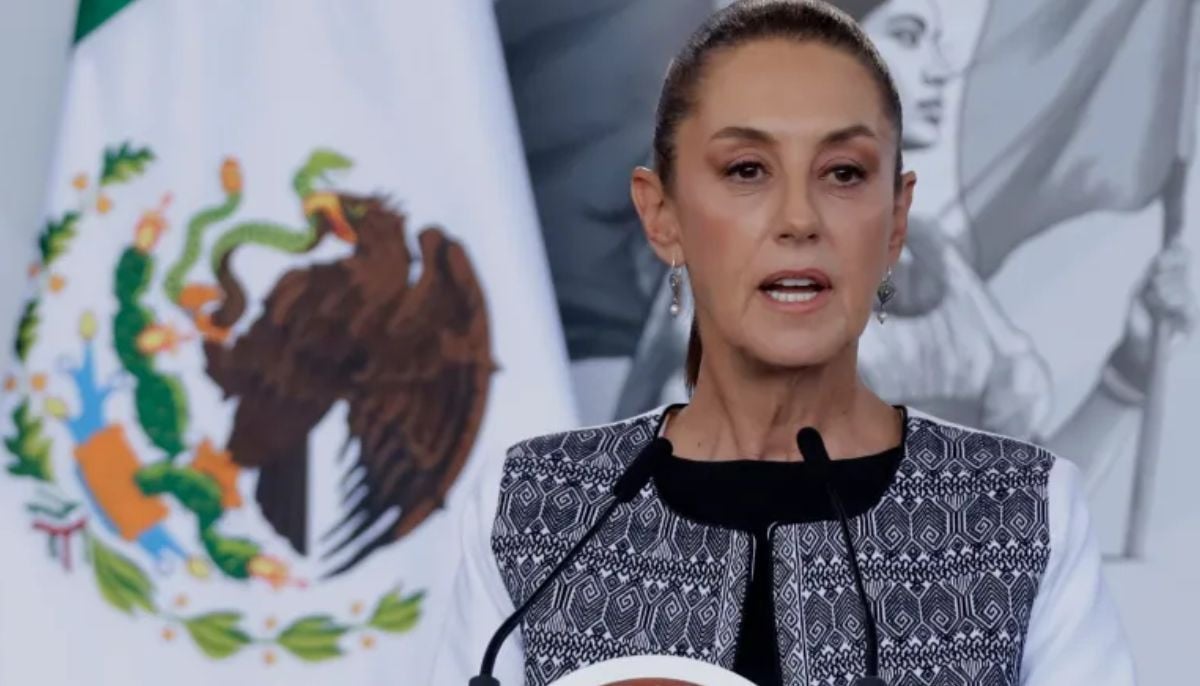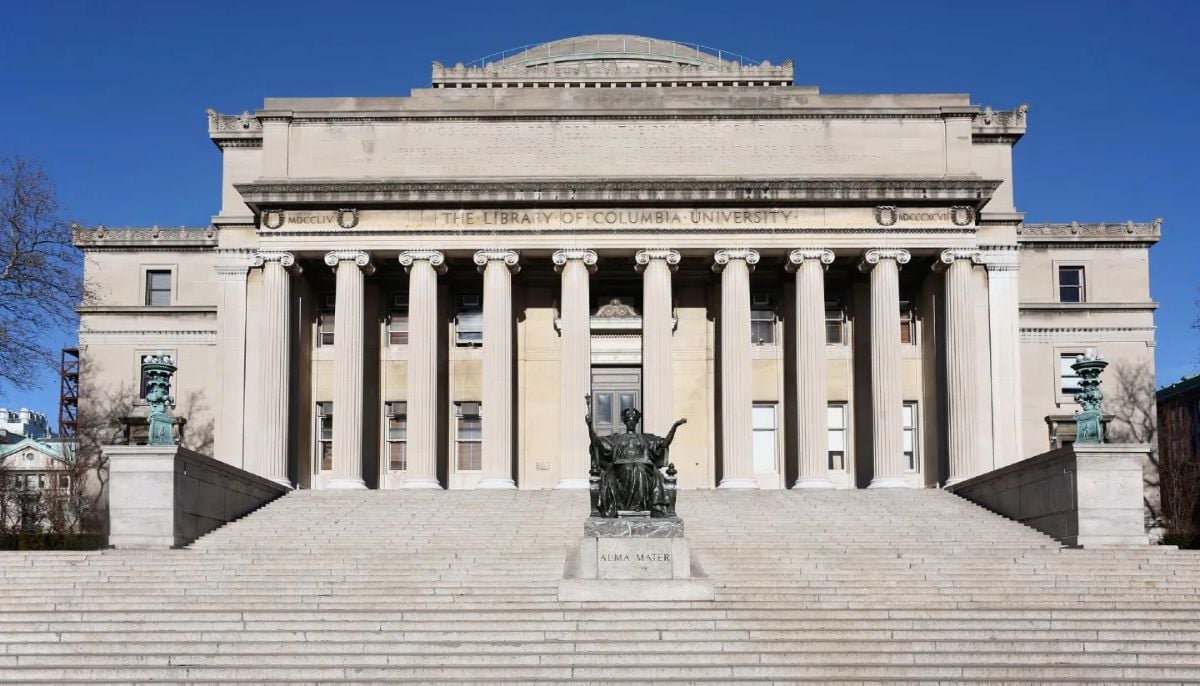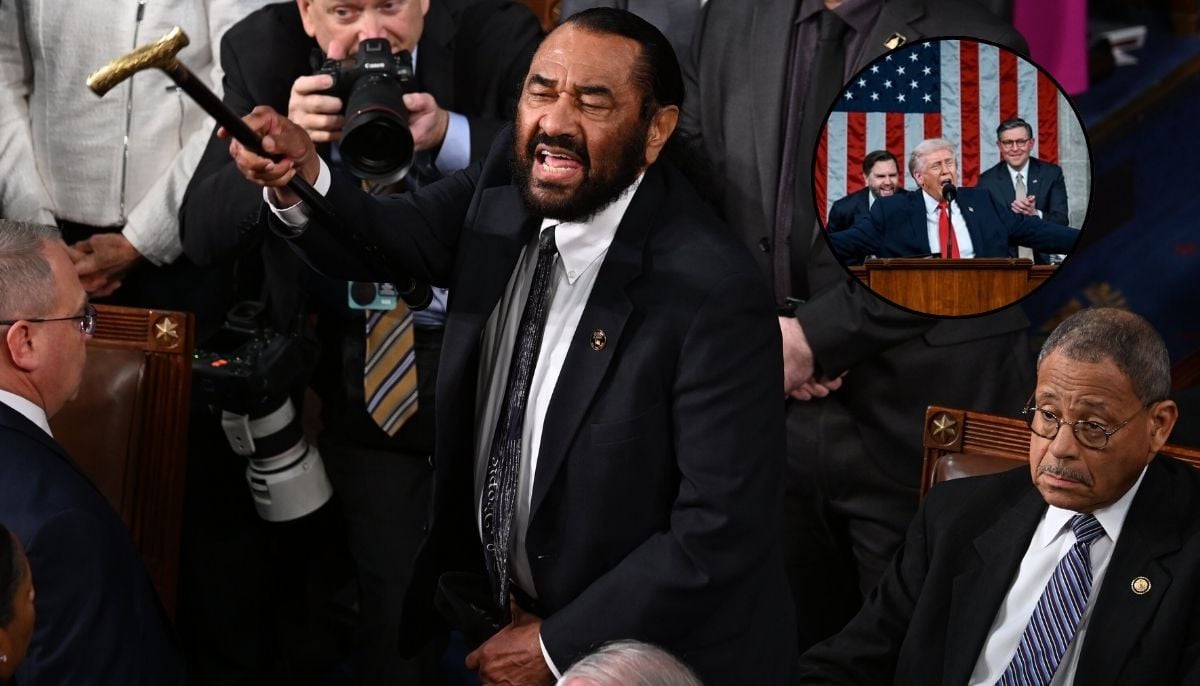Martin Luther King Jr Day: Did you know King was first black person to be TIME Man of the Year?
Here are 10 lesser-known facts about civil rights leader Martin Luther King Jr
As the nation commemorates Martin Luther King Jr Day on January 15, 2024, TIME delves into surprising aspects of the civil rights icon's life. Beyond the well-known "I Have a Dream" speech and pivotal role in the civil rights movement, King's legacy encompasses lesser-known facts that have shaped American history.
Here are 10 intriguing insights into the extraordinary life of Martin Luther King Jr.
1. First Black TIME Man of the Year
Martin Luther King Jr made history in 1963 as the first Black person to be named TIME Man of the Year and TIME acknowledged his "extraordinary King mystique" and capacity for empathy, emphasising the honour as a tribute to the entire civil rights movement.
2. Improvisation in the "I Have a Dream" speech
The renowned "I Have a Dream" speech almost took a different course. Initially titled "Normalcy Never Again," King's advisors suggested a change due to overuse of the dream theme. However, prompted by gospel singer Mahalia Jackson, King improvised the powerful section, leaving behind his prepared notes.
3. Faith in nonviolence after assassination attempt
A decade before his death, King faced an assassination attempt in Harlem. Despite the assailant's intention, King survived, reaffirming his commitment to nonviolence. He forgave the woman, Izola Ware Curry, who was committed to a mental hospital.
4. MLK Day as a national holiday
King's birthday as a national holiday faced years of resistance in Congress. It wasn't until 1983, with Stevie Wonder's "Happy Birthday" adding momentum, that President Ronald Reagan signed it into law. Official observance across all 50 states occurred in 2000.
5. Early college entry at 15
Skipping grades, King entered Morehouse College at 15. Initially resistant to a ministry career, he embraced it under the influence of Morehouse figures, adopting nonviolent resistance during his studies.
6. King family's aid to Julia Roberts
Actress Julia Roberts revealed the King family covered her parents' hospital expenses when she was born in 1967, showcasing the personal connections formed outside the civil rights sphere.
7. 30 arrests for civil disobedience
King's commitment to civil rights led to 30 arrests, orchestrated by police to intimidate activists. These arrests, often on false charges, were part of a deliberate strategy during the turbulent civil rights era.
8. King family's belief in James Earl Ray's framing
Despite official accounts, King's family believes James Earl Ray, the alleged assassin, was framed. A civil suit ruled in favour of a conspiracy, stating Ray did not act alone, leading to a nominal damages award.
9. Youngest Nobel Peace Prize recipient
At 35, King became the youngest Nobel Peace Prize recipient in 1964. He was recognised for his commitment to nonviolent resistance and donated the prize money to support the civil rights movement.
10. Named after Martin Luther
Michael King Jr was originally renamed after his father, who inspired the Protestant reformer Martin Luther during a religious trip worldwide.
-
Four people killed in stabbing rampage at Washington home
-
Jack Hughes's proximity to Trump angers Tate McRae fans
-
Nobel-winning scientist resigns from Columbia university after Epstein links revealed
-
At least 30 dead after heavy rains hit southeastern Brazil, 39 missing
-
Japan plans missile deployment near Taiwan by 2031 amid growing regional tensions
-
Trump delivers longest State of Union address in history: Inside key details on economy, security and global strategy
-
Trump’s 2026 State of Union address: Inside key takeaways, major policy shifts & top announcements
-
Rep. Al Green removed from House chamber during Trump’s State of Union address: Here’s what happened












